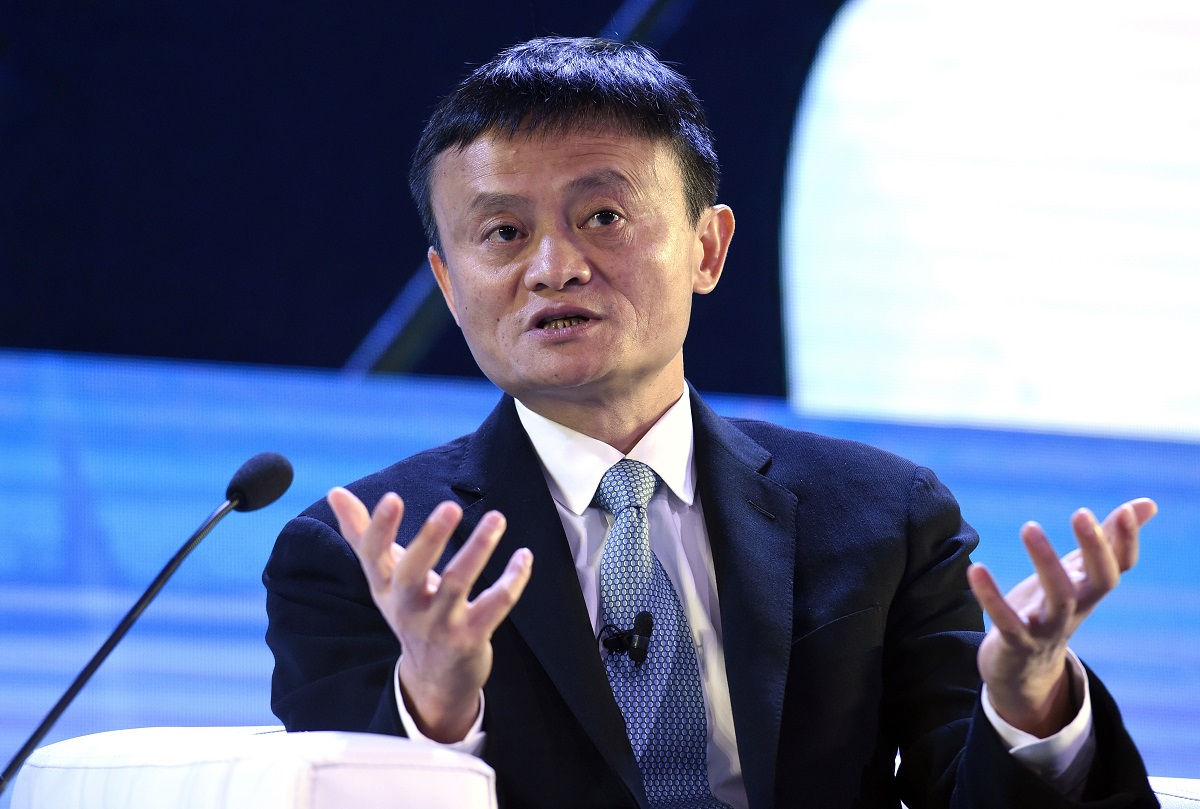
Meituan and Alibaba are rivals in the O2O sector. Source: Shutterstock
Meituan Dianping raises $5b, continues battle with Alibaba
CHINESE group-buying giant Meituan Dianping is reportedly in the running to raise US$5 billion from a group of investors, including Tencent Holdings Ltd. and Temasek Holdings, to continue competing against archrival Alibaba Group Holdings Ltd.
Sources close to the matter told Bloomberg in confidence Meituan is in the process of preparing to go all out against Alibaba in the online-to-offline (O2O) sector. Sector operators’ revenues come from a range of services, including food delivery, to booking massages, tickets and purchasing products on discount.
According to IResearch, an Internet consultancy, the O2O sector is expected to be worth US$230 billion in 2018, with companies such as Meituan and Alibaba driving it.

Alibaba’s relationship with Meituan Dianping is fraught with broken relationships and a promise of war. Source: AP
This latest round will build on the last round in which Meituan raised its valuation by US$3.3 billion to achieve US$18 billion. The money will be crucial as Meituan seeks to do serious battle with Alibaba’s Koubei and Ele.me. China’s e-commerce O2O landscape, by the looks of this monster Meituan round, is becoming increasingly competitive and companies are pouring huge sums of money to ensure their rivals become essentially defunct.
However, there’s another angle to the story, one that’s a bit more personal than it appears. Meituan Dianping was formed through a merger between Meituan and then-e-commerce company, Dianping, which counts Tencent as one of its backers. By merging with Dianping, Meituan turned its back on Alibaba, once a close friend and business partner. Alibaba soon sold its majority shares in Meituan.
SEE ALSO: How technology, on-demand food delivery platforms can drive China’s dining culture
Alibaba and Tencent are locked in a battle for supremacy in China’s various Internet industries. They’ve both been on a buying spree, scattering money and promises of support to companies all over East Asia and Southeast Asia. As more people are going online for all their needs, the more determined the two titans are to knock the other off their pedestal.
The war has had its fair share of casualties. Tencent and Alibaba pushed out smaller players and their various stakes in hundreds of tiny startups and medium-sized corporations have resulted in an environment of divided loyalties. The longer this war goes on, the likelier it is consumers are going to lose out on choice and competitive pricing.
READ MORE
- Strategies for Democratizing GenAI
- The criticality of endpoint management in cybersecurity and operations
- Ethical AI: The renewed importance of safeguarding data and customer privacy in Generative AI applications
- How Japan balances AI-driven opportunities with cybersecurity needs
- Deploying SASE: Benchmarking your approach
